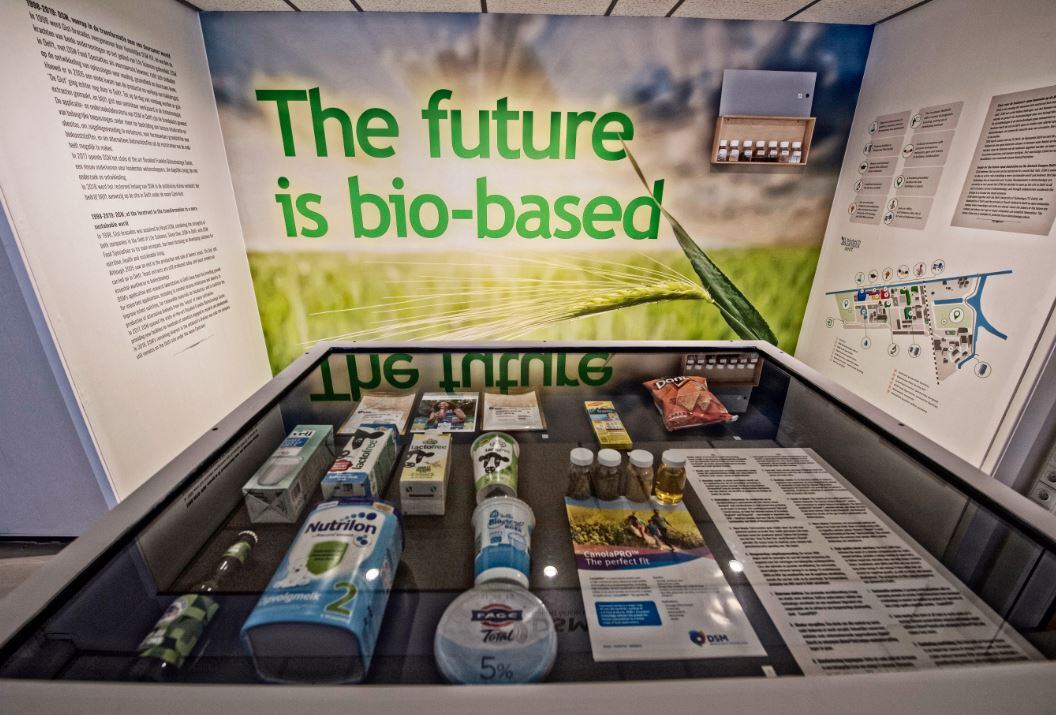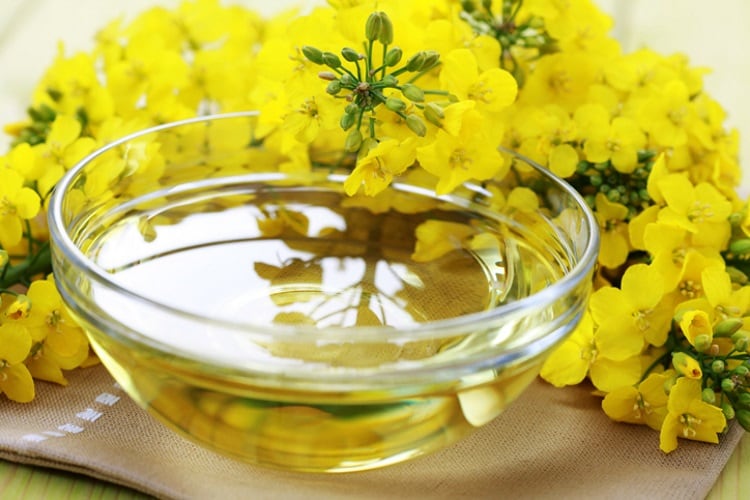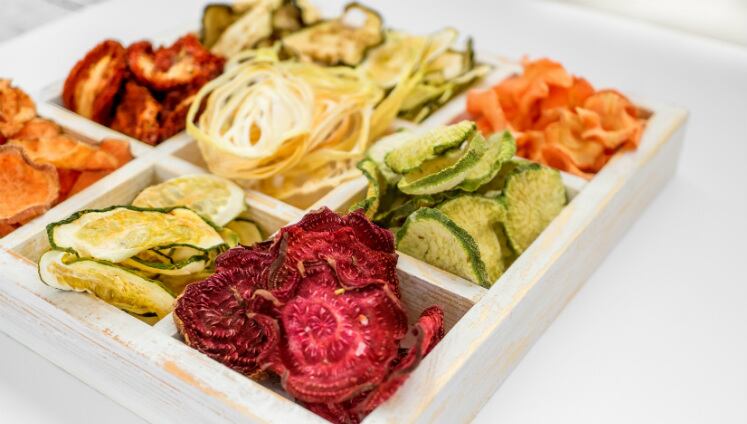The global Nutrition, Health and Sustainable Living company, based in Delft, The Netherlands, will demonstrate how biotechnology can address challenges in the food and beverage industry, such as the need to provide the growing world population with sufficient healthy and nutritious food.
Sustainable development
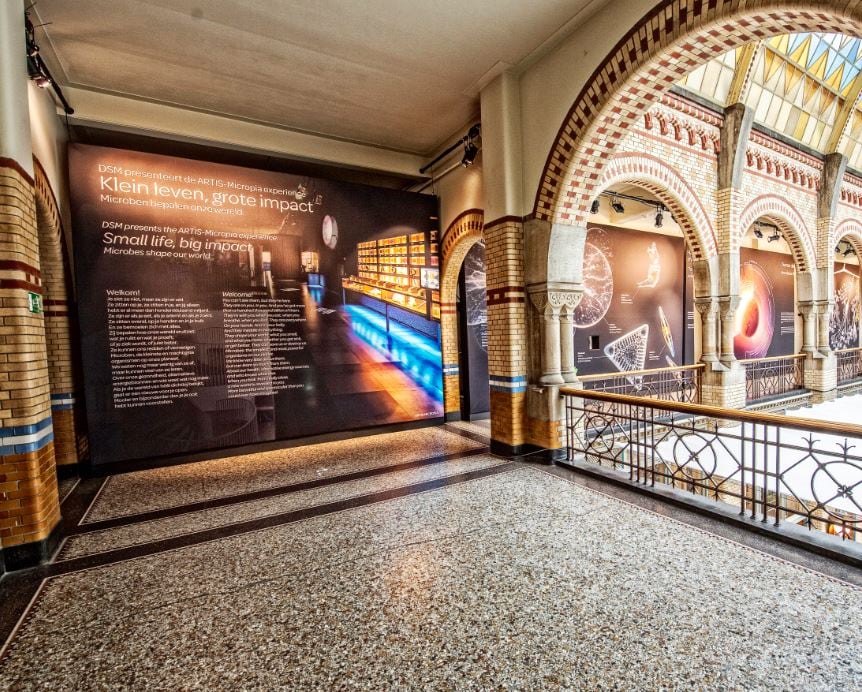
DSM sees biotechnology as a critical enabler to contribute to the United Nations’ Sustainable Development Goals by addressing some of the world’s biggest issues, including climate change, resource scarcity, and circularity and by optimizing the global food system.
Recent innovations from DSM’s facilities include a sustainable and scalable production method for the zero-calorie EverSweet stevia sweetener for the Avansya joint venture, MaxilactSmart, a fastest-acting lactase enzyme for lactose-free dairy, and a technology that turns an inedible agricultural byproduct of rapeseed oil extraction into plant protein for a range of uses in food, CanolaPRO.
To mark the 150th anniversary, DSM and the world’s first museum of microbes, ARTIS-Micropia, is hosting a temporary experience titled ‘Small Life, Big Impact: microbes shape our world’.
Visitors will see the role microbes and biotechnology play in enabling life on earth, as well as tackling challenges around climate and energy, circularity and food security.
In ‘150 years of Yeast’, visitors will experience the history of DSM and its predecessors in Delft since the foundation of the Nederlandsche Gist- en Spiritusfabriek by patriarch and founding father Jacques van Marken in 1869.
The pop-up experience can be visited in ‘Het Grote Kantoor’, a Dutch historic landmark at DSM in Delft. It is open to the public and to customers and business partners from September 12-December 15. Entry is free.
“Ever since 1869, DSM and our predecessors have been combining scientific curiosity with our advanced technological capabilities and knowledge of applications in the industries we work in, to create specialty foods that shape the future of our customers and their brands,” said Patrick Niels, president, DSM Food Specialties.
“For DSM it’s all about driving sustainable change: enabling better food for everyone by providing solutions to reduce sugar in our diets, to get the most value out of (local) raw materials, to increase efficiency, combat food loss and waste, and help lower carbon footprints.”
Baker’s yeast
The Nederlandsche Gist- en Spiritusfabriek (Dutch Yeast and Spirits Factory) was founded by entrepreneur Jacques van Marken (1846-1906) in 1869 to fulfil a need for a reliable source of baker’s yeast, using advanced techniques.
The intervening 150 years has seen the original company and its activities expand and evolve from its beginnings in baker’s yeast and spirits to today’s supplier of enzymes, cultures, taste and biopreservation for the global dairy, baking, beverage and savory industries.
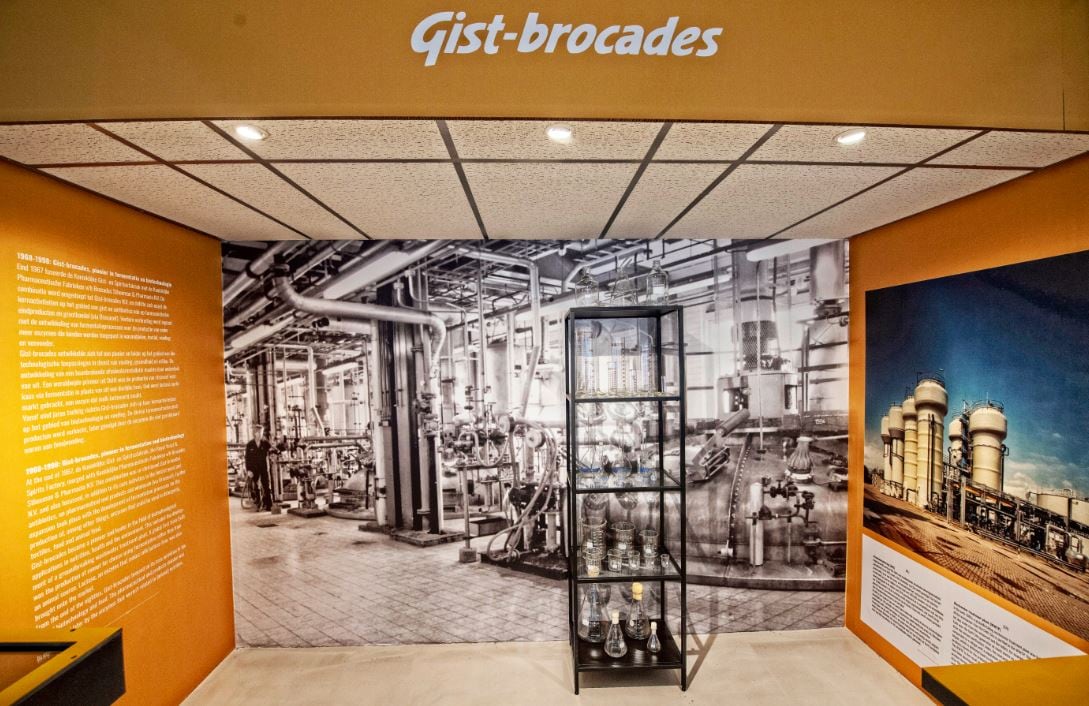
The Rosalind Franklin Biotechnology Center on the site provides lab and collaboration facilities for 400 scientists and technicians active in fermentation, microbiology and biotechnology.
This builds on a legacy of science that started in the original lab on the site, under the leadership of microbiologist Martinus Beijerinck (1851-1931), who was appointed the world’s first professor of Microbiology at Delft Polytechnic, the predecessor of today’s Delft University of Technology.

